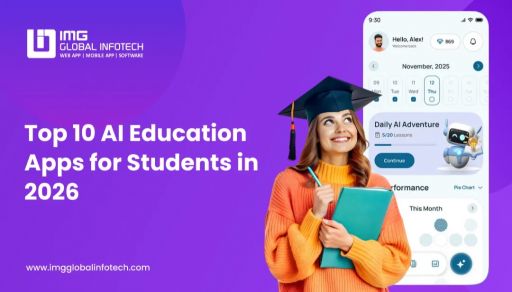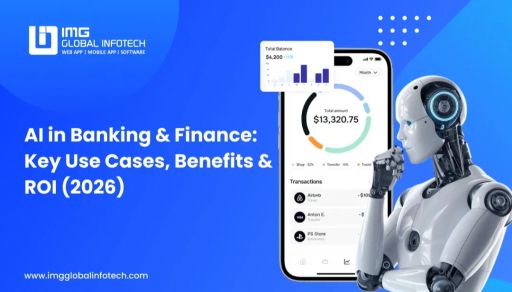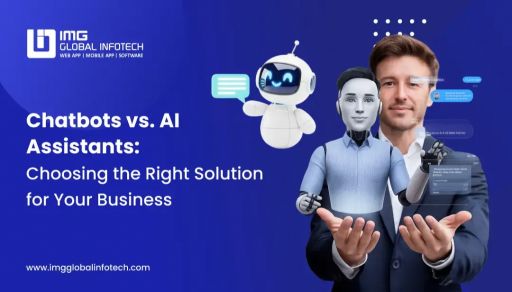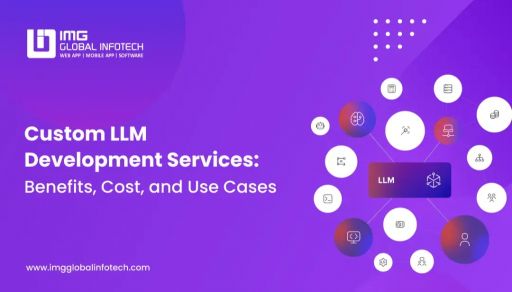How AI Is Revolutionising The Beauty Industry?
Mohit Mittal
Sep 16, 2025
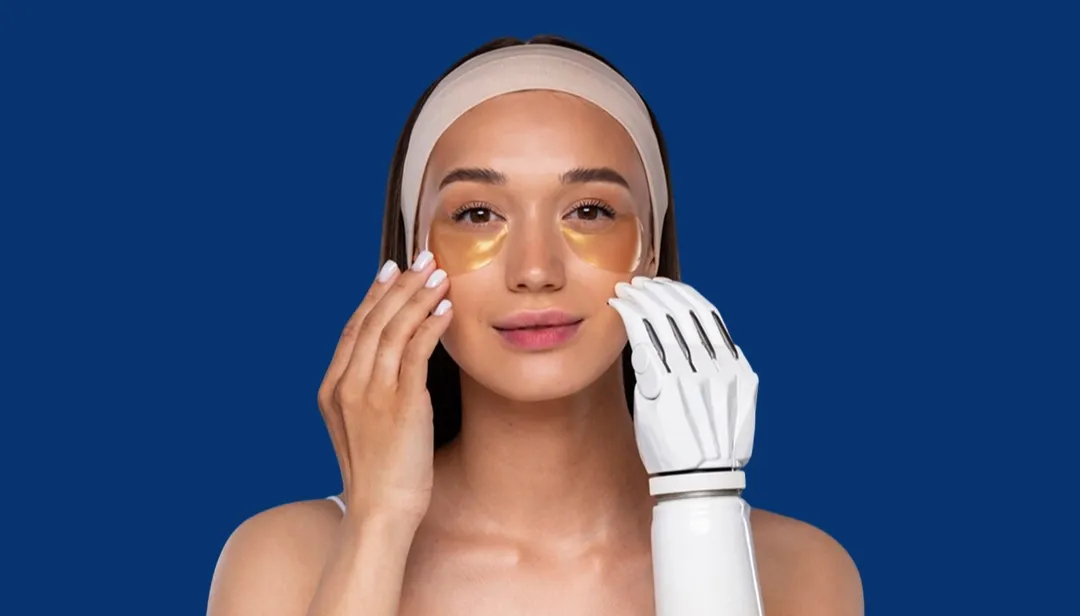
Artificial intelligence is changing how beauty is delivered and experienced in the industry today. The incorporation of AI technology is making beauty more personalised, inclusive and innovative than ever before. From skin analysis tools powered by AI, to recommend a personalized regimen of products, to makeup try-on tools that allow customers to virtually try-shades, and hues in real-time; all to enhance beauty, user experience and customer confidence to buy! Beauty brands are also leveraging AI-driven data insights to predict trends, determine inventory needs and recommend products with hyper-personalization. Enhance sustainable practices by reducing product waste through AI in ecommerce with precise formulation. This technological advancement is more than just beauty, it is about empowering consumers to make autonomous, more intelligent choices and establishing a future for consumers where beauty meets intelligence.
How is AI used in the beauty industry?
AI in ecommerce is evolving and changing beauty in the way it will help create a more personalised, data-driven, and interactive experience. Here are a few of the ways AI is used in the beauty industry:

1. Personalised Skincare Solutions
AI-powered skin analysis tools can scan and detect skin concerns such as acne, wrinkles or dark spots, and recommend customized skincare products or routines unique to every individual.
2. Virtual Try-On Experiences
AI in the beauty industry with Augmented reality (AR), allows customers to virtually try buying lipstick, foundations and eyeshadows using their phones or devices, This gives more confidence before buying.
3. Trend Forecasting with Predictive Analytics
AI in ecommerce is using customer habits, social trends from social media, and customer purchasing data to anticipate the beauty trends that are on the horizon and ensuring brands can bring products to market at the right time.
4. Smart Product formulation
AI in the beauty industry allows companies to amplify product R&D in a fraction of the time since they are able to digitally simulate ingredient combinations and move away from a trial and error based lab process, while driving sustainability in the advancement of formulations.
5. Hyper-Personalised Recommendations
E-commerce platforms power recommendations around products by AI based customer insights for example skin type, preferences, and previous purchases. The experience for customers becomes an extremely tailored shopping experience instead of generic recommendations.
6. Virtual Beauty Assistants & Chatbots
Always-on chatbots powered by AI give instant recommendations and suggestions, provide beauty tips and techniques and customer service views. Availability is considered at all times, which increases customer engagement and satisfaction.
7. Sustainability & Waste Reduction
AI in the beauty industry can not only help brands with a smarter inventory. AI can help with addressing overproduction through predictive modelling, therefore adopting sustainable business practices.
8 Major Use Cases of AI in Beauty Industry
AI in ecommerce is revolutionizing the beauty industry by personalizing experiences, aiding product development, and facilitating data driven solutions. Here are eight major use cases where AI is revolutionizing beauty and cosmetics that you know before you start the process to develop a beauty app like Nykaa:
1. Personalized Skincare Recommendations
AI (Artificial Intelligence) powered platforms assess individual users' skincare needs, concerns and goals from the selfies of the user of the AI service, through questionnaire and wearable device input, as well as from other user input. Role of AI in beauty and skincare assist beauty brands with hyper-personalized product recommendations, assuring that a customer will find the best solution based on their needs, with improved satisfaction and loyalty.
2. AI Skin Analysis Tools
Beauty brands are implementing AI to identify skin disease, like acne, pigmentation or wrinkles, with very good precision. These tools use computer vision and deep learning models to analyze skin health and provide actionable insights so consumers can find the right products or treatments.
3. Virtual Try-On Solutions
Role of AI in beauty and skincare capabilities enable Augmented Reality (AR) try-on solutions that allow customers to virtually try make-up products - lipsticks, foundations or hair colours, helping to eliminate purchase hesitancy, improving customers' online shopping experiences, and reducing product returns.
4. AI in Product Development
AI in the makeup industry can assist cosmetics companies to assess ingredient combinations, consumer trend predictions and assist with identifying new product formulating speed. AI can assess and filter through boredom datasets, which helps alleviate the costly trial-and-error cycle in product development and speed to market for disruptive beauty innovations.
5. AI Chatbots & Virtual Beauty Assistants
Brands use AI chatbots to connect with consumers 24/7 for beauty related skincare inquiries, makeup advice and product recommendations. These AI assistants simulate professional consultation and provide a seamless customer experience, both in-store and online.
6. Smart Beauty Devices
AI-enabled smart mirrors, facial scanners and cleansing brushes, for instance, are examples of beauty devices that can monitor the user's skin health and changes over time. These devices can suggest routines based on factors related to skin health and suggest revisions as skin conditions change, making skin care smarter and easier.
7. Customer Sentiment Analysis
AI-powered customer sentiment analysis tools can identify patterns in product reviews, comments on social media and customer feedback to understand consumer sentiment, including their wants, needs and emerging trends. It can help brands enhance their marketing mix, adjust offerings and increase customer experience.
8. Sustainable Beauty and Waste Reduction
AI has the potential to help brands streamline their production levels in order to avoid overstocking and other waste. These tools can fairly accurately predict the cyclical nature of product demand. AI in the makeup industry also can support better formulations in eco-friendly product formulations, by identifying sustainable alternative systems and ingredients, which continues the trend towards clean beauty.
Benefits From AI In The Beauty Industries
Artificial Intelligence (AI) is creating new opportunities in the beauty industry making it smarter, quicker and more customer-centric. AI will not only change product experiences, it is changing the product business model and the function of the business as the model of operation and product offering is outer-layer within the beauty industry. Here are seven advantages from using AI in beauty eCommerce:
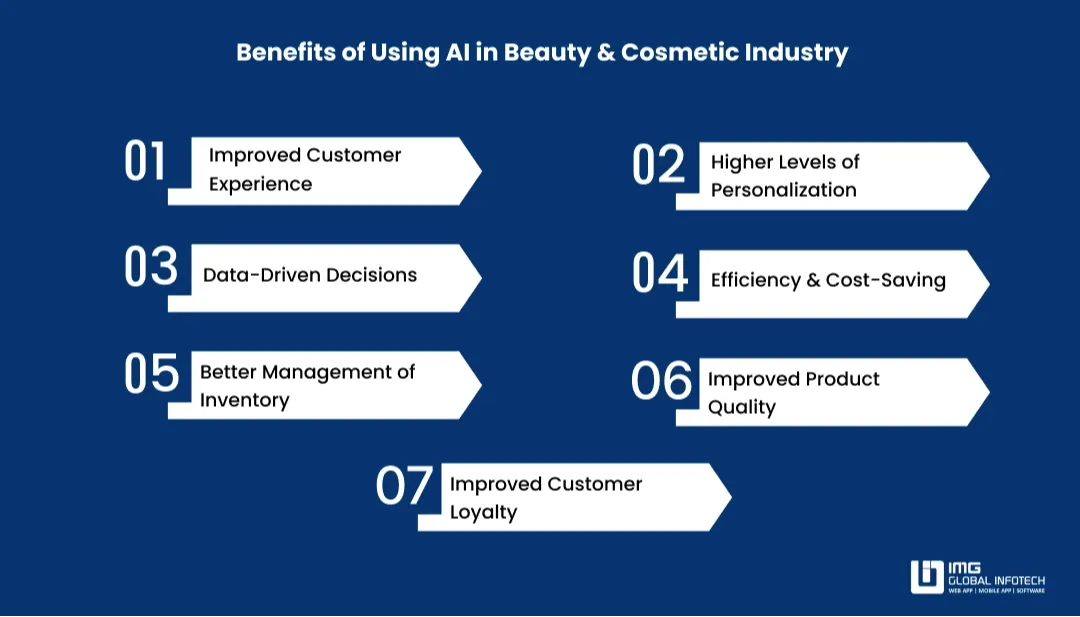
1. Improved Customer Experience
AI in skincare can help brands provide customers with an interactive shopping experience. Using AI in beauty eCommerce allows for virtual beauty advisors, smart bots, and AI recommendations to help consumers discover just the right products that they are looking for, without any fumbling to find the right product. Being able to figure it out quickly, helps to maintain consumer engagement with the brand and build brand trust.
2. Higher Levels of Personalization
AI is enabling highly tailored personalized experiences for customers at scale. AI can assess and analyze users' data including things like skin type, local climate and weather, past purchase activity to create personalized suggestions on products, and a skincare routine. AI in skincare solutions allows customers to feel visible and appreciated.
3. Data-Driven Decisions
AI beauty app development can turn tons of unstructured data, including social media trends and reviews, as well as sales data, into valuable marketing insights. Brands can identify emerging trends in the beauty world, plan effective marketing campaigns, and launch products that meet true consumer demand.
4. Efficiency & Cost-Saving
AI has the ability to elevate your business through automation, allowing for teams to reduce the amount of manual work, like responding to FAQs or recommending products for consumers. AI for skincare can also shorten the discovery phase in development, and vary the performance of ingredients as well as test products virtually to minimize costs and time to market.
5. Better Management of Inventory
AI-powered demand forecasting will ensure the. brand is not over or underproducing products or packaging, brand waste, supply chain efficiency. The AI beauty industry ensures brands stay ahead for peak demand periods without tying up valuable capital.
6. Improved Product Quality
AI can measure ingredient performance and determine if ingredients could be focused on issues prior to product launch. The result is better quality performance, product safety and compliance, and improved product and brand quality trust.
7. Improved Customer Loyalty
Offering better recommendations with accurate responses and satisfactory solutions enhances the customer experience. The happier the customer, the more likely they return, leave positive reviews, and tell others and this then drives long term loyalty.
Challenges Of AI Usage In Beauty
Although AI is transforming the beauty industry, it is not without challenges. Companies have to be aware of the challenges in implementing AI so they know that they can implement AI effectively and obtain the best results. Here are five of the more significant challenges building Ecommerce apps with AI:
1. Privacy Concerns
AI beauty solutions often use personal data, such as selfies, full skin scans, or individual purchases. Beyond collecting and training AI on such information, the ability to analyse and potentially use the data raises privacy and security risks to the consumer. Regulatory obligations under GDPR legislation mean companies also need to ensure user data is safe and kept in mind to guarantee user trust.
2. High Costs Of Implementation
Developing an ai for beauty, either a virtual try-on system or predictive skincare algorithm, is cost prohibitive. Companies need to invest time and money in acquiring the required technology and software, but also have the skilled personnel to do so. The cost of AI infrastructure can be physical for small- or mid-sized beauty brands and can hinder widespread usage.
3. Integration With Existing Systems
Most beauty brands have established CRM and eCommerce and inventory management systems. Integrating artificial intelligence in the cosmetics industry into these legacy systems might not be straightforward, be time-consuming and will require technical skills and sound planning. If the integration is not done correctly, it will lead to inefficiencies and create barriers for AI initiatives.
4. Quality and Precision of AI Predictions
AI in the beauty industry need large, high-quality, and diverse data sets to work well, in the beauty space there are many areas where there is a lack of data, or there may be inconsistencies when gathering customer data around poor image quality for our end-users or lack of access to representative skin types and tones which will have a big impact on biased or inaccurate recommendations. Ensuring diversity in data and retraining AI models constantly is crucial to avoid errors and maintain credibility.
5. Consumer Trust and Adoption
For all of AI's advantages, some consumers may be skeptical about relying on technology for personalized beauty decisions. They may also feel uneasy about the accuracy of recommendations, data privacy, or just that they are not using a human to help personalize the buying experience. Brands must ensure they educate customers, help them learn to trust AI tools, let them know that they can provide human support on certain options, and demonstrate reliable AI cosmetic tools both online and offline balanced against customer expectations.
Why Choose IMG Global Infotech For Ai Powered Beauty App Development?
IMG Global Infotech is a provider of complex AI beauty app solutions that are innovative, precise, and user-driven. Our Beauty and cosmetic app development company, which consists of data scientists, developers, and UI/UX experts, can develop apps that fully leverage AI and provide users with personalized skincare recommendations, virtual try-ons, and responsive beauty insights. Our AI beauty solutions offer users engagement in a predictable/sophisticated manner that enhances customer satisfaction without overwhelming them. Our customized solutions develop excellent user engagement using advanced AI, AR and machine learning technologies. We will take your concept to a full deployment, on secure, scalable high-performing applications that catered to your brand. Contact Img Global Infotech today to position your beauty business in the tech space to provide an exceptional and customer-centric experience.
Conclusion
AI is transforming the beauty industry by providing intelligent, tailored, and customer-centric solutions. The possibilities of AI in beauty create infinite opportunities for personalized experiences, from virtual try-on apps, AI skincare analysis, adaptable predictive product development, to intelligent customer support and brand creator partner platforms. With Ecommerce app development, brands have smarter experiences with customers, while optimizing operations. Even though businesses may be wary to combine these opportunities with their existing operations, the advantages far outreached these challenges. Beauty businesses that implement AI into their operations can pave the way for brands to anticipate trends, increase customer satisfaction, and lead the industry. Rather than brands implement AI as a tool of innovation, AI in skincare and beauty companies must prepare to embrace this future as a priority to engage with their consumers.
Mohit Mittal is the co-founder of a leading IT company with over a decade of experience in driving digital transformation and innovative tech solutions. With a strong background in software development, Mobile app development, E-commerce, business strategy, and team leadership, Mohit Mittal is passionate about helping businesses scale through technology. When not solving complex tech challenges, he enjoys sharing insights on emerging trends, entrepreneurship, and the future of IT.



